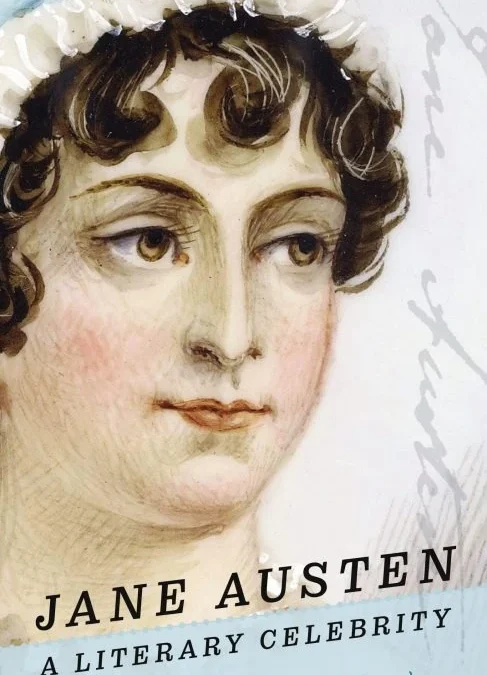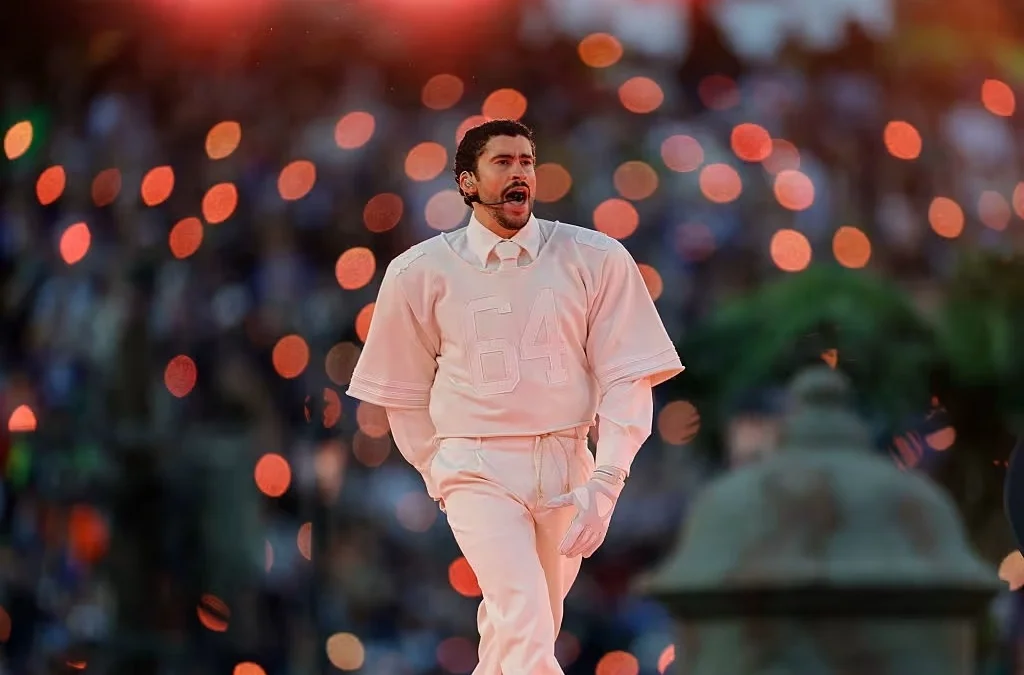New York, NY – The U.S. Supreme Court on Monday refused to hear a petition by Structured Asset Sales (SAS) to resurrect a lengthy copyright lawsuit against singer-songwriter Ed Sheeran. The firm claimed Sheeran’s 2014 hit “Thinking Out Loud” copied aspects of Marvin Gaye’s timeless 1973 ballad “Let’s Get It On.” With the Supreme Court’s denial of hearing the case, the legal fight over the contentious song is essentially done, at least for now.
A Brief History of the Dispute
The suit initially filed in 2018 by Ed Townsend heirs, the co-writer of Gaye, claimed that Sheeran had illegally taken melody, harmony, rhythm, and the bass line from “Let’s Get It On.” In May 2023, a Manhattan jury ruled in favor of Sheeran and found the similarities were generic musical building blocks and did not amount to infringement
Structured Asset Sales, a private-equity-financed company owning about 11% of the composition rights to the song, filed a second claim based on additional claim points. Following a 2023 summary judgment in Sheeran’s favor, the company appealed to the Second Circuit, which in turn sustained the dismissal in late 2024. SAS next took the case to the Supreme Court in March 2025
Courts Highlight ‘Common Musical’ Elements
At the heart of the court decisions was the rule that you can’t copyright basic musical elements—such as chord progressions, rhythms, and harmonic structures. The judges concurred these are open to all artists to utilize.
The Second Circuit’s decision in November 2024 emphasized that the common chord progression—used by untold pop songs—is not protectable. They emphasized that broad protection of such musical “building blocks” would endanger creativity
The Supreme Court’s Failure to Act
On June 16, 2025, the Supreme Court rejected SAS’s petition for cert, granting a de facto win for Sheeran. The court was invited to comment on whether courts are required to consider only sheet music submitted prior to 1978 as the central issue in infringement actions, or whether audio recordings could shape such conclusion
SAS had maintained that lower courts inappropriately depended exclusively on deposit-sheet interpretations—unduly deferring to the Copyright Office even after the Supreme Court decided in Loper Bright v. Raimondo (2024) that courts have an obligation to independently interpret statutes. Even so, the Supreme Court chose not to act
Sheeran’s Resistance to Continued Litigation
Sheeran’s legal team warned in filings that accepting SAS’s appeal could open the door to an onslaught of speculative lawsuits, contending that it would invite “rampant speculation on what parts of a song are
Aside from legal complexity, Sheeran has opened up about the psychological and emotional weight he bore defending himself. In an April interview, speaking candidly, he likened being handled like a “piggy bank, where people can just shake it”
In spite of the wins in his court, the long legal grind has taken a toll on the singer. With the Supreme Court not accepting the case, Sheeran felt relief, adding it finally removed a long-standing burden .
Implications for Music Industry and Copyright Law
- Strengthened Legal Precedent
The decisions affirm that fundamental musical components continue to be in the public domain. Familiar progressions and rhythms, even if at the core of hit songs, are not copyrightable—a principle reiterated in Led Zeppelin decisions and this case
- Protecting Creativity
Lawyers and artists contend that legally charging musicians with generic characteristics would discourage artistic risk-taking. Sheeran’s defense pointed out that if straightforward aspects were taboo, numerous songs—even timeless favorites—could be subject to lawsuits.
- Restricting Opportunistic Suits
SAS and other similar allegations are becoming more viewed as part of a trend under which financial motives, not legitimate copyright issues, drive litigation. Such acquisitions of pre-existing song rights seem driven less by lucrative lawsuit proceeds than by protection of creativity or history
- Deposit‑Copy Doctrine Upheld:
Courts affirmed the principle that protection in the case of compositions registered prior to 1978 is only for what is found in the deposited sheet music—not other aspects from sound recordings
Continued Litigation or Closure?
Although the Supreme Court’s denial puts an end to the ongoing appeals of the composition, SAS has brought a different lawsuit targeting the sound recording rights to “Let’s Get It On” that is on hold awaiting resolutions in the composition case
Analysts opine, though, that having been defeated at the Supreme Court level, SAS’s negotiating power has substantially decreased. It won’t likely build steam in seeking more suits regarding sound recordings.
Ed Sheeran Looks Ahead
Now finally free of the legal distractions, Sheeran is able to turn his attention back to music and touring. He has already emphasized his wish to “move on with our lives” once verdicts were in—this latest ruling brings him nearer to that reprieve.
For the music industry, the verdict sends a firm message: building blocks of compositions are free to use, and dubious lawsuits over generic musical elements will most likely continue to be dismissed.
The Supreme Court’s refusal to intervene ends one of the most highly anticipated music copyright wars in recent years. It reaffirms a critical legal principle: basic musical ideas and common chord progressions are beyond the reach of exclusive copyright protection. And for Ed Sheeran, the verdict provides closure on an emotional level as well as a direction for the future, unshaded by the long specter of litigation.





